Raising rabbits as pets can be quite a bit of work, the same as with any pet. They are good natured, gentle pets, but somewhat aloof. They do get scared very easily, as is part of their nature. The more time you spend with them the more responsive they are to you, and will respond to their name. They do need some gentle handling in the beginning but become part of the family within weeks. Rabbits can live up to 10 years.
When you first bring your rabbit home try to keep things as quiet as possible. They are skittish and do not like change, so will need to be gently introduced to their environment so they can become accustomed to it and you. Each new noise will be a source of fear. During the first few days after bringing them home try not to touch them much. Sit on the floor and let them come check you out instead of approaching them. Try to keep it quiet during those first days. Do not introduce to other pets in the home right away. When you do, this needs to be done slowly as well.
The proper way to hold your pet rabbit is to pick them up by the back of their neck. Tuck their paws close to their body so they can feel safe and you don't get scratched by their paws. Another hold that should be practiced is holding them on their back in your arms. They need to get used to it for when you need to cut their nails.
Rabbits can be kept indoors or outdoors. If you keep them outside you will need a fence in the yard. This is to keep them inside and to keep predators outside. You will need to keep a careful watch as rabbits can dig themselves out under the fence. Keep the fence maintained as predators will smell them and attempt to gain access. When you are not with them they will need to be kept in a habitat or cage. The size should be five times the size of the rabbit. Put in hay for them to sleep upon.
When kept indoors they will still need a place just for them that is enclosed. A specially made habitat can be purchased for them. If you go with a cage, it will need a solid floor because the wire will hurt their paws. Before letting them out be sure the room has been rabbit proofed. All electrical sockets will need a socket guard. All the cords from the television, lamps, etc. Will need to be taped to the wall to keep them from nibbling them. The heat registers will need to be covered, if on the floor, as well.
A piece of good news is that rabbits can be taught to use litter. In the beginning each time they appear to have to go you will pick them up and place them in the litter. In a few weeks they will start to go themselves. A favorite toy for them would be a ball. You will want them to have a good amount of toys to chew on as well. Rabbits easily get colds so be on the look out for that possibility. Check their ears frequently for mites as well. If they go outside they may pick up fleas and ticks. Ask your vet about the best way to prevent these.
One thing that is very important is to keep plenty of cool water available. Change it a few times a day to be sure it is clean. You can give it to them in a bowl but it should be made of metal or ceramic. Plastic can easily be gouged with their claws. These gauges will hold bacteria. It is preferable to use a sipper bottle. This way you avoid the lining or hay getting wet and moldy.
Their main diet should be low protein pellets with treats once in a while. Do not change the kind of food you feed them often because they prefer a consistent diet. They should have at least three vegetables every day and that does not mean three varieties of the same vegetable. Organic is best due to lack of toxic pesticides. Whether they are organic or not they should be washed thoroughly. Any new vegetables you would like to introduce into their diet do so slowly. One new vegetable a day and watch how they respond. Your pets should have one to two cups of vegetables for every five pounds of their body weight each day.
Treats can be given once or twice a day. They are good as a reward when training your pet. A usual treat would be a small piece of fruit, like a slice of apple. Be careful with them because if given too much, your rabbit may not want to eat anything else. Carrots are considered a treat and should not be part of their regular diet. Celery should be given in a very limited amount. Avoid cauliflower, iceberg lettuce and corn altogether. This is an overview of what you'll need to do to care for rabbits as pets. Talk with the veterinarian about your rabbit and find out what is best and what more there may be to do with a particular kind of rabbit.

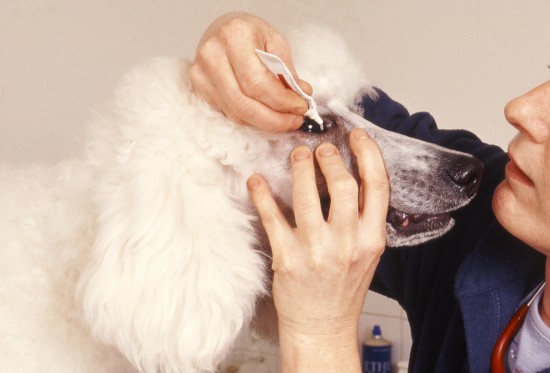 How To Administer Eye Drops Or Eardrops To Your Dog
How To Administer
How To Administer Eye Drops Or Eardrops To Your Dog
How To Administer
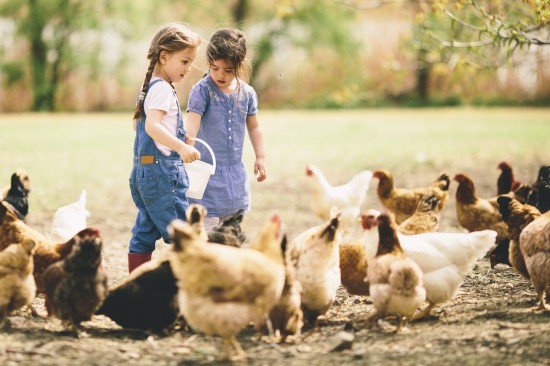 Top Tips On How To Feed Your Chickens
Top Tips On How T
Top Tips On How To Feed Your Chickens
Top Tips On How T
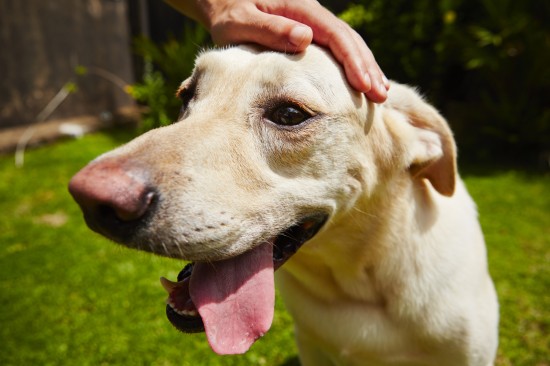 Is Your Dog Head-shy?
Is Your Dog Head-
Is Your Dog Head-shy?
Is Your Dog Head-
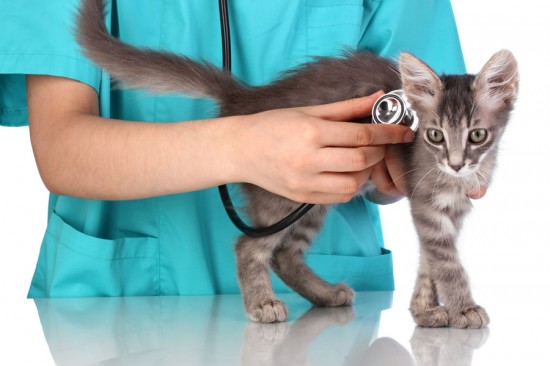 Why Are Some Cats Sick So Often?
Why Are Some Cats
Why Are Some Cats Sick So Often?
Why Are Some Cats
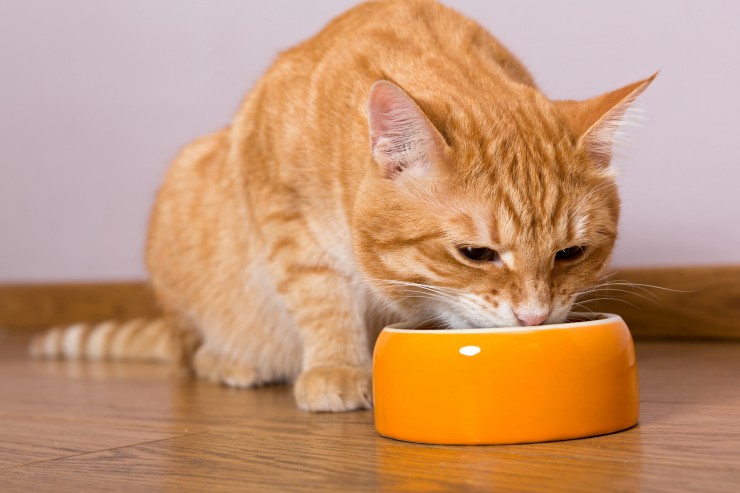 The Benefits Of Feeding The Right Diet To Cats According To Their Ages
The Benefits Of F
The Benefits Of Feeding The Right Diet To Cats According To Their Ages
The Benefits Of F